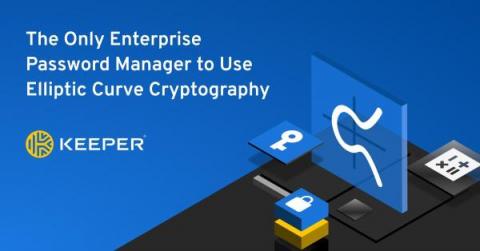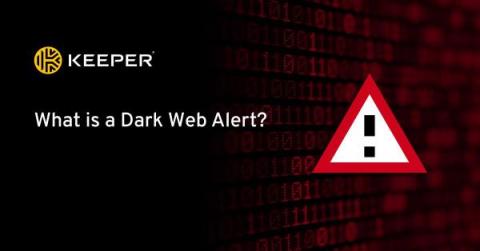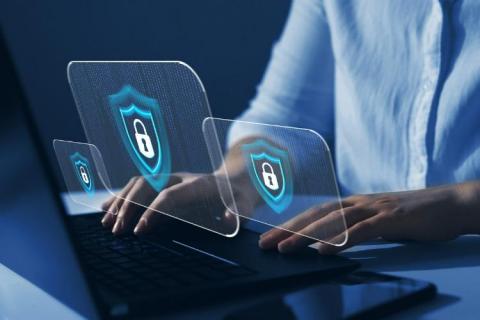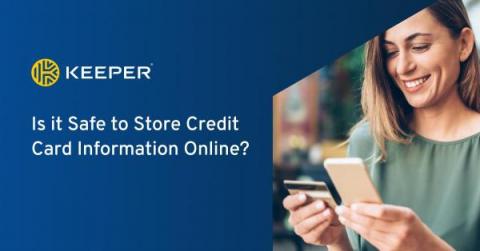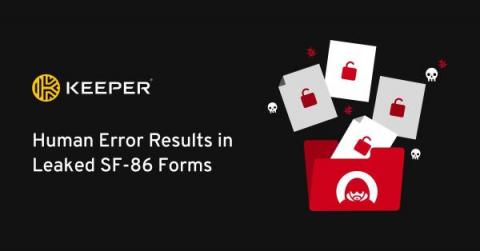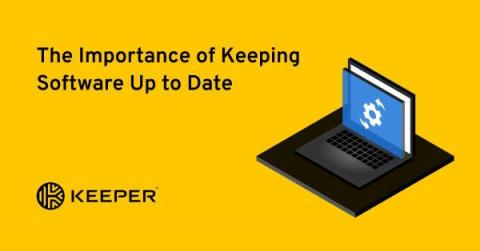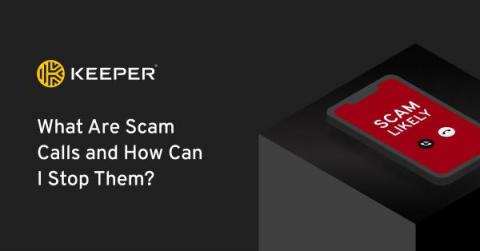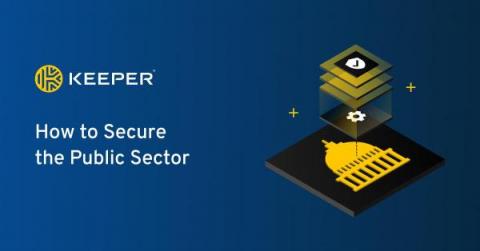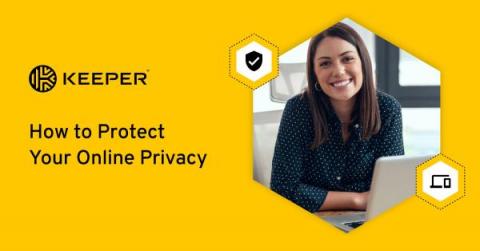Keeper - The Only Enterprise Password Manager to Use Elliptic Curve Cryptography
Keeper’s Enterprise Password Manager is the only solution that uses Elliptic Curve Cryptography (ECC) in its encryption, making it the most secure password management solution available. ECC is a public-key cryptography method based on the mathematics of elliptic curves. First proposed in 1985, it recently rose to prominence with modern cryptography as it provides a higher level of security compared to traditional encryption methods, such as RSA.


